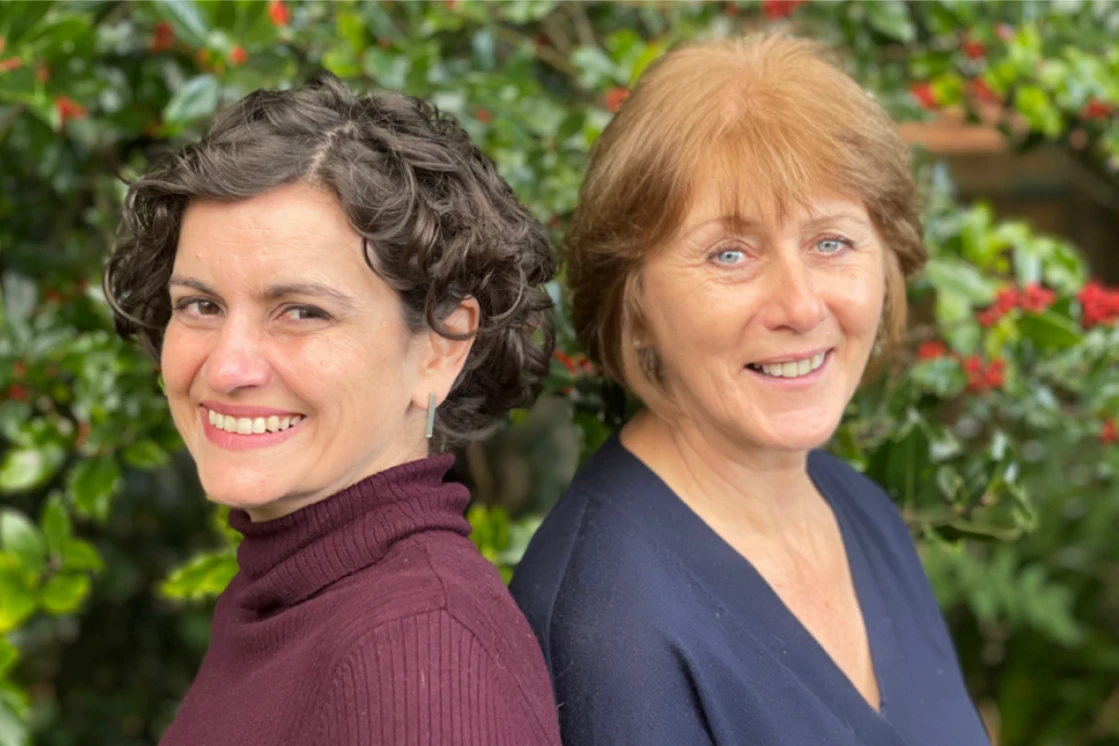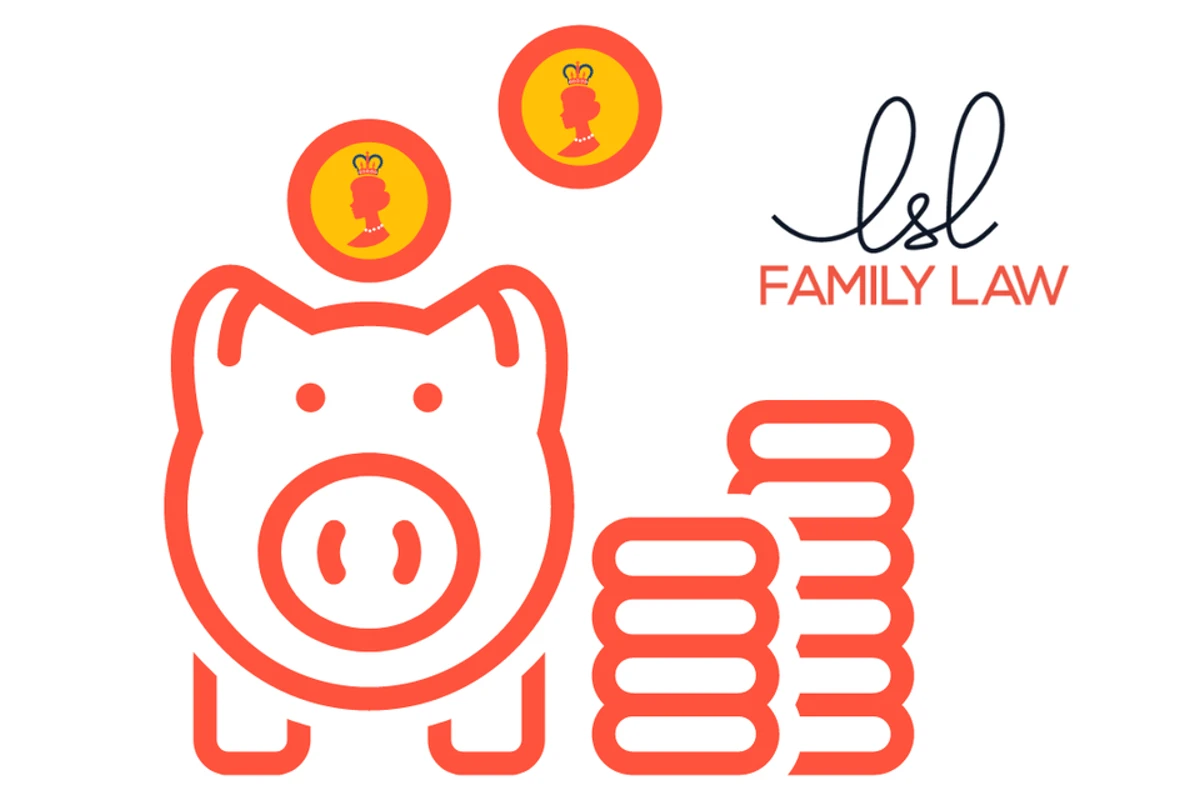When a relationship breaks down
On an emotional level, the separation process begins long before our clients contact us. For many, the realisation that a relationship is no longer working is a gradual one that accumulates over time. Doubts and worries escalate until the thought of separation becomes a nagging, familiar feeling that they can no longer ignore.
There are countless triggers for separation, but once a person reaches the point of no return – the point where they feel there is no chance of a future with their spouse – finding the right path out of the relationship can be hard.
Separating well
When the decision to end a marriage or civil partnership is made, the focus shifts from how to keep the relationship going, to making separation as painless and amicable as possible. If both parties arrive jointly at the decision to separate and agree on the terms of the divorce, the next phase is more likely to go smoothly (think Gwyneth Paltrow and Chris Martin’s ‘conscious uncoupling’). Unfortunately, separation often comes as a shock to one half of the couple, causing deep distress and creating the potential for animosity and conflict. Family therapists and counsellors can play a key role in these circumstances, providing separating couples with the support they need to move forward in a positive way.
Applying for a divorce online
In England & Wales, online divorce applications via the gov.uk website 1 have been possible for the past couple of years. You can only use the service if you are applying for the divorce yourself. If your spouse has a solicitor acting for them, or you are seeking to dissolve a civil partnership, you will need to apply by post. The advantage of the online process is that it has made divorce more accessible: applicants can even initiate financial orders via the portal.
As the rules currently stand, you need to state one of five reasons (also called ‘facts’):
- adultery
- unreasonable behaviour
- desertion
- separation for at least two years (both parties must agree)
- separation for at least five years (one party can apply even if their spouse disagrees)
To dissolve a civil partnership, one of four facts must be given:
- unreasonable behaviour
- desertion
- separation for at least two years (both parties must agree)
- separation for at least five years (one party can apply even if their civil partner disagrees)
Is it okay to apply for the divorce and think about everything else later?
Whether you apply for divorce online or by post, it is worth taking legal advice before you do so. How you approach your divorce has huge implications for the overall outcome – not just for you, but for your partner and any children who might be involved. Divorce terminates the marriage, but it does not end financial and property claims and responsibilities that spouses have towards one another.
Obtaining good quality legal advice from a Resolution-accredited family solicitor 2 can save you time and money and give you peace of mind. By talking though each step, you can make the process as efficient, fair, and harmonious as possible, avoiding problems further down the line. A Resolution-accredited family solicitor will also keep the interests of children at the centre of your decision-making.
What about no-fault divorce?
The Divorce, Dissolution and Separation Bill which passed through parliament in June 2020 will be implemented later this year. No-fault divorce is intended to reduce unnecessary disputes by removing ‘the blame game’. Separating couples will no longer need to state one of the ‘facts’ (listed above) on the divorce petition, just that the marriage has irretrievably broken down 3.
If divorces are no longer contested, will you really need the advice of a lawyer?
No-fault divorce is a huge step in the right direction, but it does not mean that couples should apply for a divorce or dissolution without seeking advice. Arranging constructive, long-term solutions for finances and children will be as essential in the future as they are now.
How can LSL Family Law help?
At LSL Family Law, we are dedicated to helping families separate well. Linda and I are Resolution-accredited specialists and we both understand how challenging and stressful relationship breakdown can be. If you would like to discuss your family matter and find out how Linda or I might be able to help, please do get in touch.
Tanya
Consultant Family Solicitor, LSL Family Law
Notes
- www.gov.uk/apply-for-divorce
- Resolution members are committed to the Resolution code of practice, promoting a constructive approach to family issues that considers the needs of the whole family: www.resolution.org.uk
- For more information on no-fault divorce, please see our previous blog post: www.lslfamilylaw.co.uk/no-fault-divorce-new-bill-passes-through-parliament/







